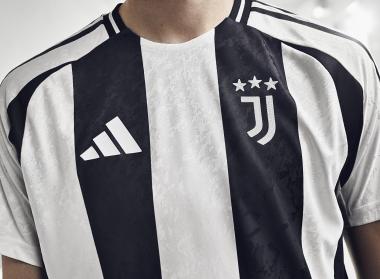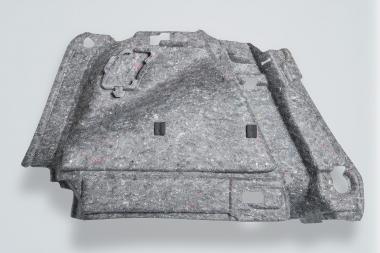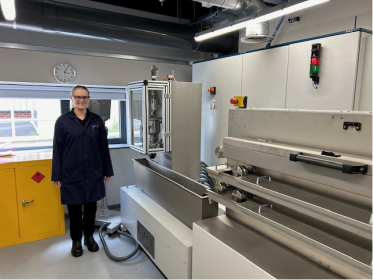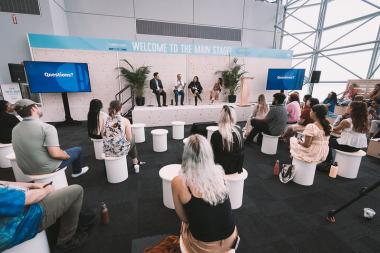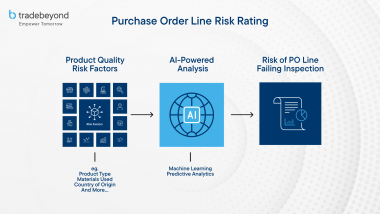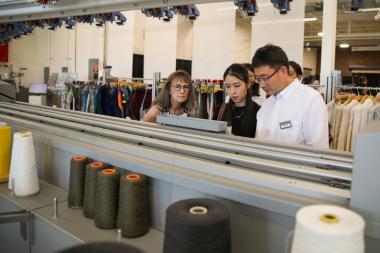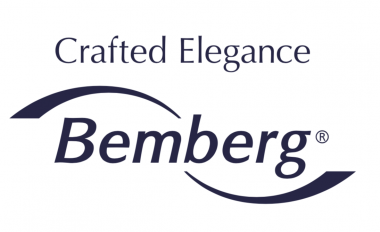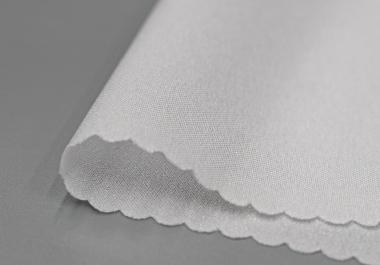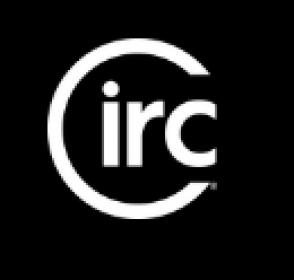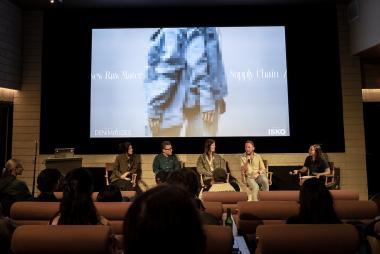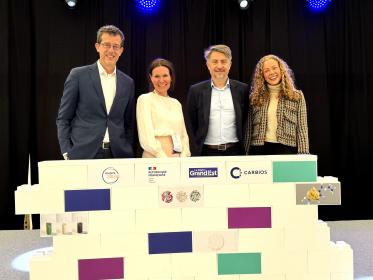adidas and Juventus: Lunar inspired 2024/25 Home Kit
adidas reveals the new Juventus home kit for the 2024/25 season, with a bold, cosmic interpretation of the colours deeply associated with the club. A dynamic interplay of the traditional black and white vertical stripes is given a modern lunar twist, with a subtle all-over crater graphic reflecting the landscape of the moon’s surface.
The kit boasts a unique structured fabric created using a 3D engineering method to construct the jersey in three levels. This layered fabric creates both visual and haptic intrigue when experienced up close, by incorporating textured details that replicate the undulating surface of the moon.
The on-field version of the jersey is constructed with HEAT.RDY technology, using advanced materials to maximize air flow to keep players feeling cool, while the fan version features AEROREADY technology, which uses sweat-wicking or absorbent materials to keep the body feeling dry.
adidas AG


